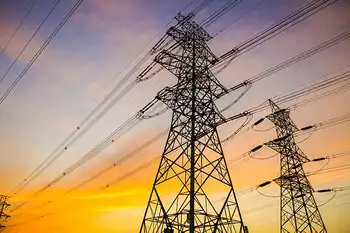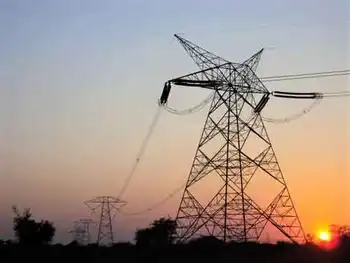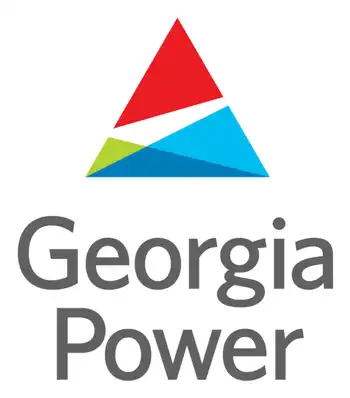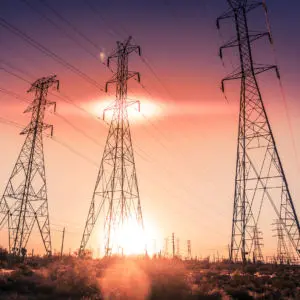OEB issues code amendments for the Smart Metering Initiative transition period
TORONTO, ONTARIO - The Ontario Energy Board (the Board) issued amendments to the Retail Settlement Code (RSC), the Distribution System Code (DSC), and the Standard Supply Service Code (SSS) relating to the implementation of smart meters in Ontario. Codes issued by the Board establish the responsibilities and obligations of regulated companies.
The Government of Ontario has committed to install a smart electricity meter in 800,000 homes and small businesses by 2007 and throughout Ontario by 2010.
The code amendments clarify the roles and responsibilities of electricity distribution utilities in relation to the management of smart meter data and billing processes as they work toward implementing the Province's smart metering initiative. The amendments will ensure the Board's regulatory instruments accommodate the Province's smart metering initiative and related policies and ensure smart metering is implemented on a cost effective basis during the transition period to full implementation in 2010.
As a result of the amendments, utilities that have elected to implement time-of-use (TOU) pricing will have two options: they can either allow consumers with smart meters to choose TOU pricing; or they can make TOU pricing mandatory for anyone with a smart meter in their service area. The OEB is also proposing a new amendment to require utilities to notify their customers directly (by bill insert or other direct means such as a letter, other direct mailing or telephone call) about whether TOU pricing will be provided on a mandatory or voluntary basis.
Related News
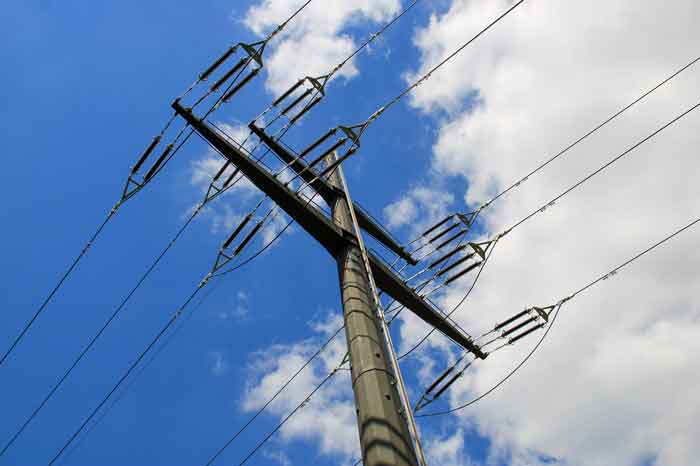
A New Era for Churchill Falls: Newfoundland and Labrador Secures Billions in Landmark Deal with Quebec
QUEBEC - St. John's, Newfoundland and Labrador - In a historic development, Newfoundland and Labrador (NL) and Quebec have reached a tentative agreement over the controversial Churchill Falls hydroelectric project, potentially unlocking hundreds of billions of dollars for the Atlantic province. The deal, announced jointly by Premier Andrew Furey and Quebec Premier François Legault, aims to rectify the decades-long imbalance in the original 1969 contract, which saw NL receive significantly less revenue than Quebec for the province's vast hydropower resources.
The core of the new agreement involves a substantial increase in the price that Hydro-Québec pays for electricity generated at…

